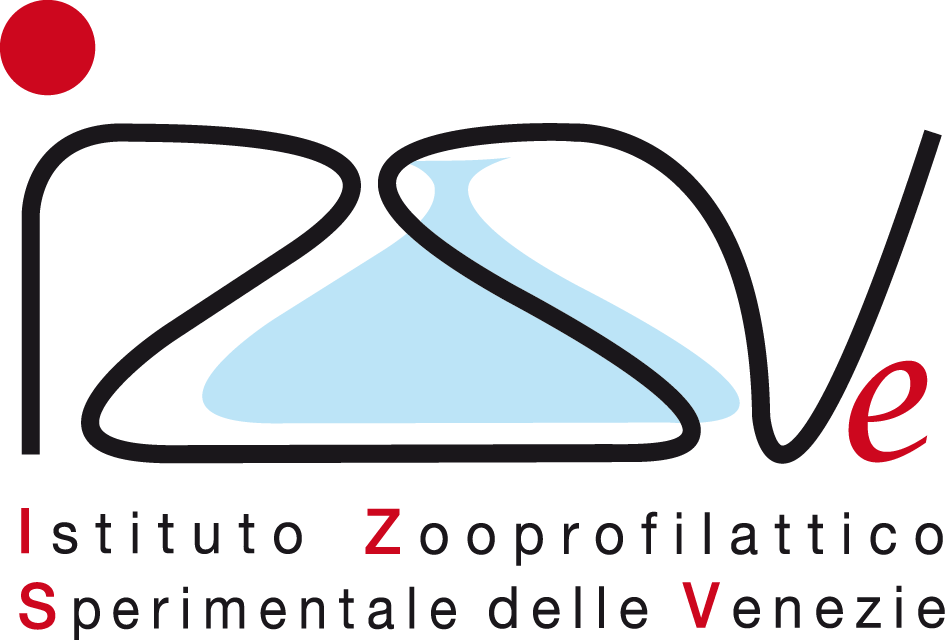Assistance dogs
The term “assistance dogs” (also known as “service dogs”) refers to all dogs that assist individuals with physical, cognitive, or mental disabilities, performing functions that the disabled individual cannot execute independently. It is an umbrella term that includes guide dogs for the blind and visually impaired, hearing dogs, mobility dogs, assistance dogs for post-traumatic stress disorder, autism, and developmental disorders, as well as medical alert/response dogs (such as diabetes alert dogs or dogs for other metabolic diseases, epilepsy, etc.).
Assistance dogs provide constant support in the life of the person with a disability, whether the care of the dog is directly entrusted to the disabled person in a continuous one-to-one relationship, or whether it is taken care of by another support person, such as a parent or spouse. Therefore, assistance dogs exclude assisted-intervention dogs, facility dogs, emotional support dogs, skilled companion dogs and all other categories of working dogs (e.g., operational dogs in the Armed Forces and Police, surface or rubble search dogs, detection dogs, etc.).
Assistance dogs for people with disabilities should have similar benefits to those provided for guide dogs: owners can be accompanied by their dog on all public transport without having to pay for the animal any ticket or surcharge, and they also have the right to access places open to the public with their assistance dog. However, in Italy, the training and recognition procedures for assistance dogs are still being defined and implemented. To meet the need for regulation and standardization, in recent years, the assistance dog sector has seen increased collaboration and dialogue between institutions and stakeholders.
The health and well-being of assistance dogs are central themes to ensure the reliability and daily operation of these animals. Such results can only be achieved through a multidisciplinary approach and the definition and verification of specific requirements, both in terms of structural and managerial aspects and in terms of the skills required of organizations and professionals in the sector.
Activities at IZSVe for Assistance Dogs
The European Committee for Standardization (CEN) has been involved in the national standardization process since 2016, hosting Technical Committees for the development of the European standard on assistance dogs (CEN TC 452), based on 7 working groups, one for each area of the supply chain.
The Italian National Reference Centre for Animal Assisted Interventions (AAI) is actively participating in the active working groups. The European standard aims to define the requirements of the assistance dog supply chain necessary to protect user safety and the welfare of the dog throughout its life. The definition of a shared standard at the European level is necessary to facilitate the legislative process at both national and EU levels, ensuring the social acceptability and accessibility of dog-handler pairs in various public or private contexts open to the public and on means of transport.
The activity of the National Reference Centre for AAI, in synergy with regional institutions and professional associations, focuses on structuring the supply chain from a One Welfare perspective.
Contacts
Laura Contalbrigo
SCS3 – Unit of Welfare of Pet Animals and Human-Animal Relationship
National Reference Centre for Animal Assisted Interventions
E-mail: info.iaa@izsvenezie.it
Regulations on Assistance Dogs
- June 1990, Austrian Federal Law on Disability (Bundesbehindertengesetz). Updated version of 2024, section Va, “Assistance dogs, therapy dogs”
- October 2010, UK Public General Acts, Equality Act. Updated version of 2022, art. 173, chapter 1 “Taxi etc.”
- March 2015, Italian National guidelines for animal-assisted interventions (AAI)
- December 2021, European Business plan Assistance Dog CEN/TC 452
- December 2006, United Nations Convention on the Rights of Persons with Disabilities. Art. 20, “Personal mobility”


